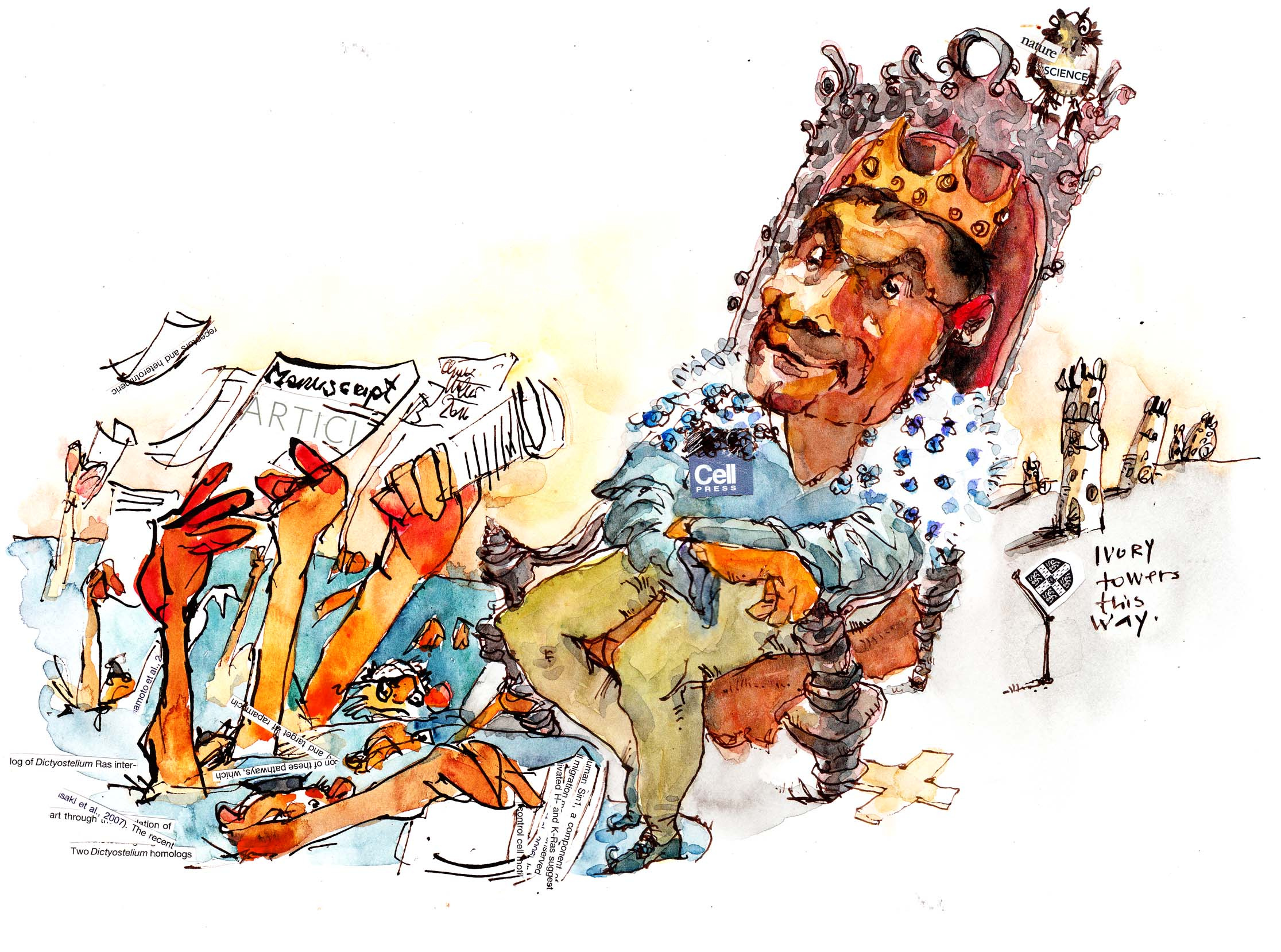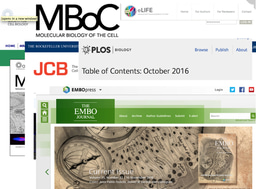

Who decides who the recipients of postdoctoral Fellowships are?
Who decides who the candidates for junior faculty positions are?
Who decides whether or not someone gets tenure?
Remember too, that a Fellowship may determine whether or not junior scientists join or manage to stay at the group they think is best for their development. That junior faculty appointments determine the composition and sometimes future direction of an entire department. That tenure decisions fix the complexion of a department or institute for years to come (decades, often).
And in all cases, those decisions have profound – usually permanent – effects on the careers of the individual scientists in question.
So the answer in all cases should be the evaluation panel assigned to make the decision. But often it’s not. In a lot of cases, the people who determine the outcomes of those critical events are journal editors.
Why? Because it is lamentably common to shortcut those evaluations by looking to see in what journals the candidate has been publishing their work.
In other words, publishing in a particular journal is taken as a proxy for someone’s worth. In particular, it has become a pernicious and self-fulfilling mantra that publishing in the journals Cell, Nature, or Science is the ticket to the next step in a person’s career.
Consequently, one could argue that it’s editors of those and related journals who set the agenda for the entire research enterprise, as it’s they who have the ability to sponsor or censor areas of work. But publishing in these so-called “high impact” journals is generally a reflection of how “in” a field is at that moment in time, not a comment on the quality of the work. More worryingly still, the need to create a sense of excitement about the ground-breaking nature of the work encourages the overinterpretation of data.
Too many scientists collude in this because there’s either a vested interest (their field is currently “in”) or they don’t feel empowered to say or do anything about it. But if a manuscript’s destination is allowed to become a proxy for its quality, then it creates a situation where only work that’s fashionable is good.
It then follows that the person who makes the decisions on publishing wields the most influence over others’ careers.
The solution to this disproportionate influence lies, simply enough, with faculty reviewers and evaluation panels. Reviewers should describe the importance and significance to the field of the work done by the applicant at the relevant stage of their career, not merely note where it was published. Evaluation panels should make informed decisions based on careful weighing of reviewers’ assessments, and resist attempts to make snap judgements based on journals’ names. Outsourcing the process of evaluation by equating quality with publication location is both lazy and slavish, and strengthens the clique’s stranglehold.
It’s worth stressing that the vast majority of journal editors are hard-working serious scientists who are performing a very valuable service to the community. However, in some cases their impartiality is not always a given, and by allowing unconstructive/unprofessional reviews (which may well have an ulterior motive) to pass unquestioned they can be guilty of moral negligence.
Good or bad, their influence on the careers of their peers – especially in a system where credit is almost always apportioned to those who publish first – has become excessive. Journals and their editors exist to provide a service, namely to publish material after appropriate peer review. They should not be the ones to judge the merit of individual scientists.
Originally published on Total Internal Reflection - HERE.





Join the FEBS Network today
Joining the FEBS Network’s molecular life sciences community enables you to access special content on the site, present your profile, 'follow' contributors, 'comment' on and 'like' content, post your own content, and set up a tailored email digest for updates.